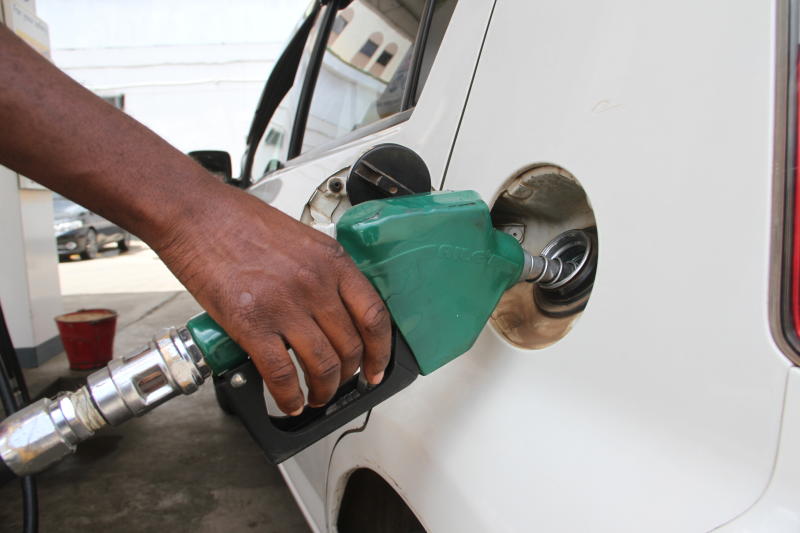×
The Standard e-Paper
Smart Minds Choose Us

The latest fuel prices review by the Energy and Petroleum Regulatory Authority (EPRA) has shocked Kenyans.
In an announcement last Sunday, EPRA increased the pump price of a litre of petrol by Sh7.63, diesel by Sh5.75 and kerosene by Sh5.32.